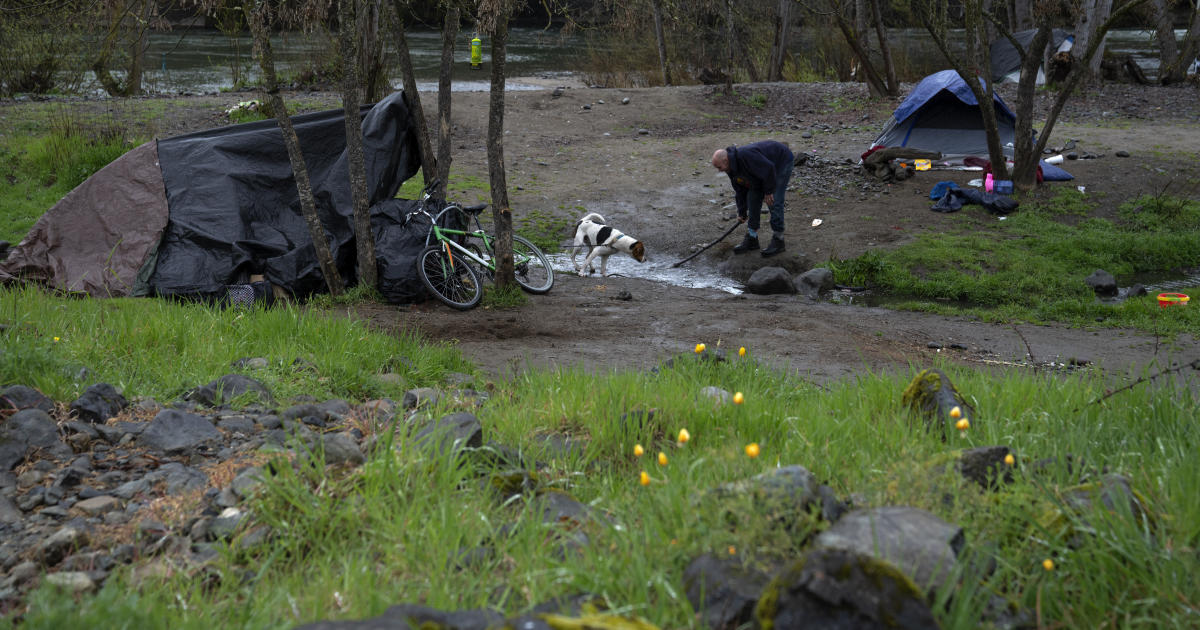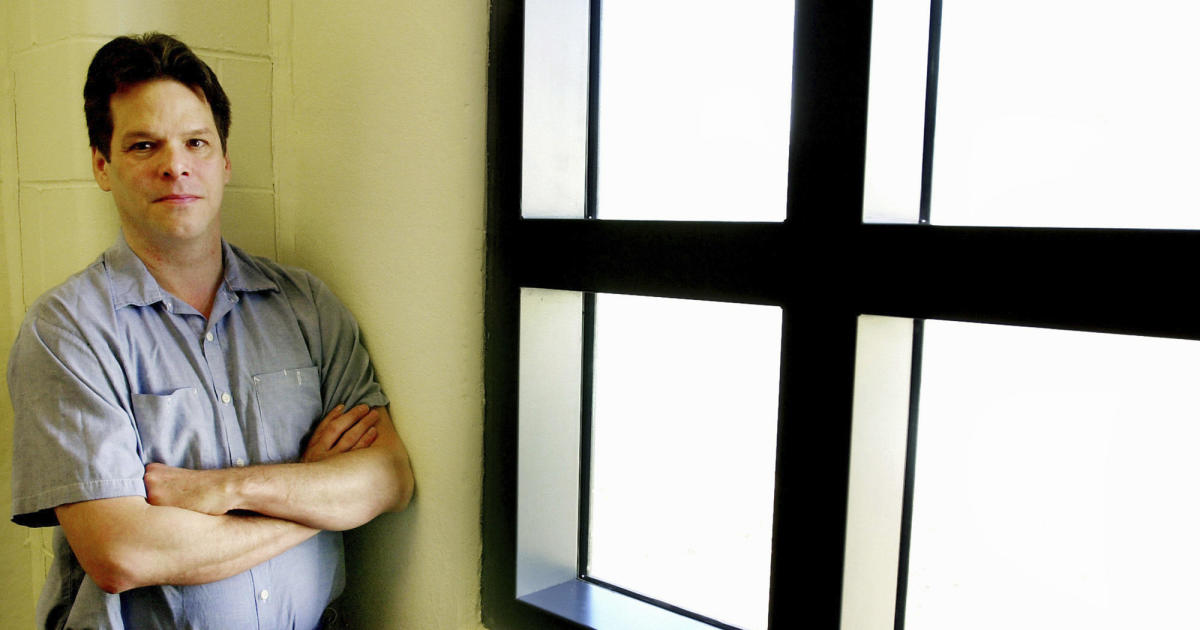Supreme Court agrees to hear case over death penalty for Boston Marathon bomber
Washington — The Supreme Court on Monday said it would to take up the legal battle over the fate of Boston Marathon bomber Dzhokhar Tsarnaev, whose death sentences were invalidated by a lower court last year over issues with jurors' pretrial media exposure.
The Justice Department asked the high court in October to review the ruling from a three-judge panel of the 1st U.S. Circuit Court of Appeals, urging the justices not to allow the lower court to "have the last word" given the "profound stakes of the erroneous" ruling tossing out Tsarnaev's capital sentences.
The Supreme Court, the Justice Department said, should "put this landmark case back on track toward its just conclusion" and reinstate his death sentence. The court is expected to hear arguments in the case in its next term, which begins in October.
Then-Attorney General William Barr told The Associated Press in an interview following the lower court's ruling that the Justice Department would continue to pursue the death penalty for Tsarnaev. But it's unclear whether that remains the position of the Justice Department under President Biden, who is opposed to the death penalty.
White House press secretary Jen Psaki reiterated Monday that Mr. Biden "has grave concerns about whether capital punishment as currently implemented is consistent with the values that are fundamental to our sense of justice and fairness." But she said there are no updates to the administration's death penalty policy and referred questions on the dispute to the Justice Department. The department declined to comment on Tsarnaev's case.
Tsarnaev was convicted in 2015 for his role in the bombing at the Boston Marathon in 2013, which left three dead and scores more injured. Tsarnaev's attorneys conceded he and his older brother, Tamerlan, detonated the two homemade bombs near the race's finish line, but said Tamerlan Tsarnaev was the mastermind of the attack.
The brothers tried to flee the state after the bombing, leading to a dayslong manhunt that left Boston and its surrounding areas in lockdown. Tsarnaev, now 27, was ultimately arrested by police after he was discovered hiding out in a boat behind a home in Watertown, Massachusetts, while Tamerlan Tsarnaev died in a shootout with officers as they pursued the brothers.
A federal grand jury indicted Tsarnaev on 30 counts, including three counts of using a weapon of mass destruction resulting in death, and he was convicted of all offenses for perpetrating the terror attack. The jury recommended and the district court imposed the death penalty on six of 17 capital counts.
Tsarnaev appealed, and the 1st Circuit upheld nearly all of his convictions, with the exception of three. But the appeals court also tossed out his capital sentences and ordered a new sentencing proceeding.
The Boston-based court found the district judge overseeing Tsarnaev's trial abused his discretion by rejecting requests to ask prospective jurors specific questions about the pretrial media coverage he or she may have seen or read about the case. The 1st Circuit also found the district court erred during the penalty phase of the trial by excluding evidence that Tamerlan Tsarnaev was allegedly involved in murders that occurred two years before the bombing, which would've bolstered the central theory from Tsarnaev's lawyers that he acted under his brother's influence.
The Trump administration's decision to push forward with pursuing capital punishment in Tsarnaev's case was not entirely surprising. In summer 2019, Barr announced his intention to resume executions after a nearly two-decade pause on conducting executions on the federal level.
In total, the Trump administration carried out the executions of 13 death-row inmates, six of which took place after Biden won the presidential election in November and before he was sworn into office January 20.
In urging the Supreme Court to take up its appeal last year, the Justice Department argued the 1st Circuit "improperly vacated" Tsarnaev's death sentences "in one of the most important terrorism prosecutions in our nation's history" and warned a new sentencing proceeding would impose significant burdens on the victims of the 2013 attack.
"To reinstate the sentences that the jury and the district court found appropriate for respondent's heinous acts, the government will have to retry the penalty phase of the case; the court will have to conduct (and prospective jurors will have to undergo) a voir dire that will presumably be much longer and more onerous than the original 21-day proceeding; and the victims will have to once again take the stand to describe the horrors that respondent inflicted on them," then-acting Solicitor General Jeffrey Wall told the court in a filing.
But lawyers for Tsarnaev had asked the Supreme Court not to hear the dispute, arguing the government wouldn't benefit from a reversal of the lower court's decision.



